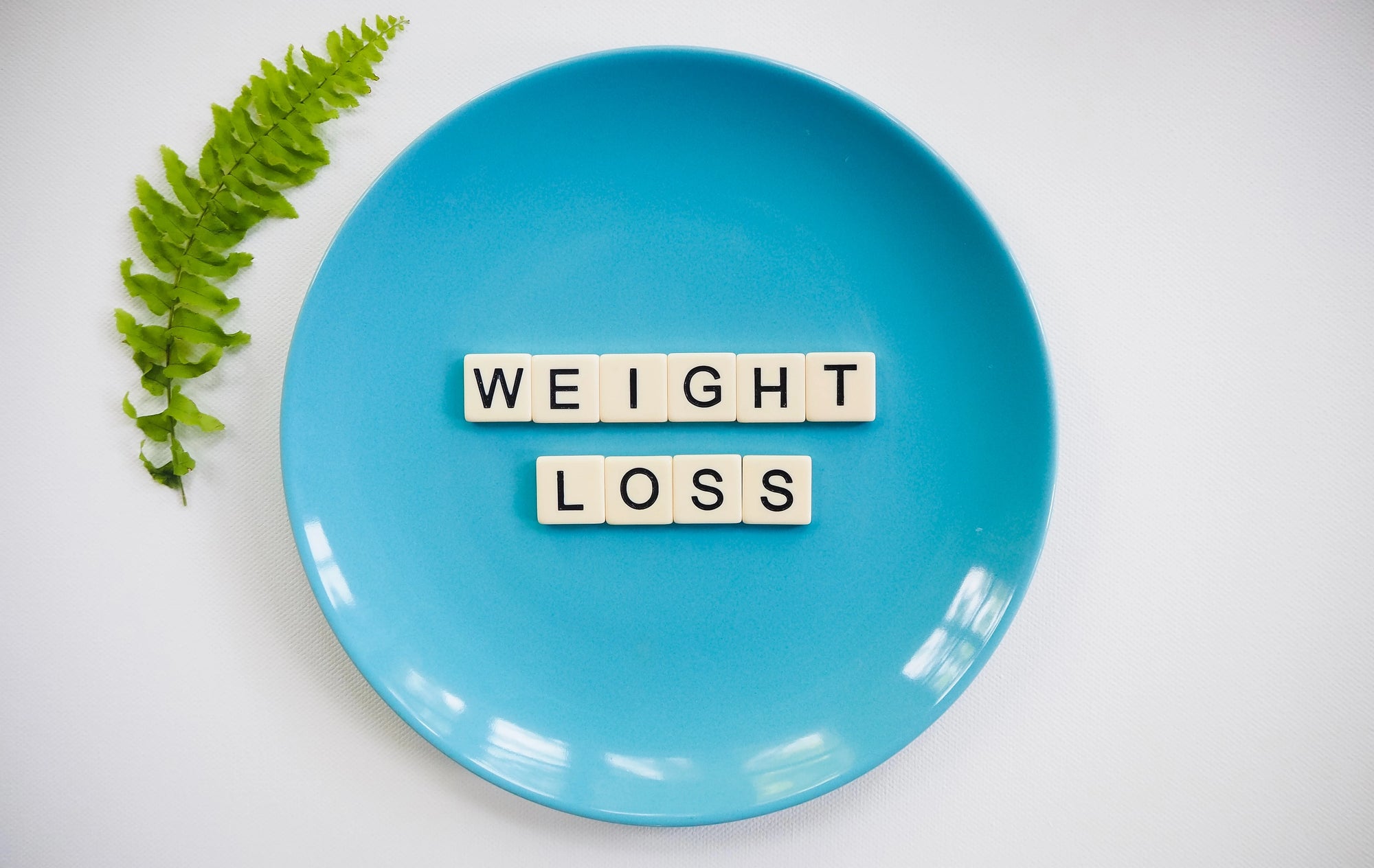Whether you’re new to fitness or have been working out for a while, it’s common to have heard and even implemented several practices, or on the contrary you’ve been avoiding them completely, for no particular reason other than you just heard about them so you considered them to be genuine.
Sometimes it’s difficult to figure out what’s the truth and what’s not when it comes to fitness, especially since no two people are alike and what works for some doesn’t work for others. We all have our particular needs and our bodies react differently to different activities and behaviors. When you pair this with the amount of conflicting information out there from fitness professionals to influencers and doctors, you might feel a bit lost.
But worry not! That’s why we’re here and today we’ll be debunking some common misconceptions associated with fitness, working out, nutrition, and more, so you can feel confident no matter what you do and become your best self knowing what you’re doing is right.
MYTH #1: Walking does nothing for weight loss
Depending on how long and how committed you are to it, you can lose weight through walking. However, if all you’re doing regarding weight loss is walking for 15 minutes around your neighborhood every other day after dinner, the truth is you won’t see the results you’re hoping for.
To lose weight, a combination of moderate to intense physical activity and cutting calories is needed. No matter what type of physical activity it is, if you don’t monitor and cut back on how many calories you’re eating, you will not lose weight the way you expect to. Burning fat through exercise alone is extremely difficult and you’ll get discouraged before you see any meaningful results if you’re not doing anything about your diet.
Walking, while not as intense or appealing as lifting weights or hitting the gym every day of the week, is still a good form of exercise, mainly if you allocate 30 minutes of your day for a brisk walk and do it consistently every day. Needless to say, the more you walk, the quicker you’ll become so it’ll be easier to walk longer distances and trickier paths.
Don’t forget that balance is important as well. Don’t overdo it otherwise you’ll just be increasing the risk of injury and burnout. If you’re new to exercising, start with short, slow paced walks, and increase the intensity of your walks over time.
TL;DR: walking is good for you but you won’t lose weight through walking alone. Like with any sort of weight loss program, you need to pair regular physical activity - walking included - with a good diet, and if losing weight is your number one goal, then you need to implement a calorie deficit and stick to it, on top of being consistent with your walking.
MYTH #2: Carbs are evil and you should eliminate them from your diet
When you workout, your body will deplete energy, stored in your body as glycogen. The fitter you are, the more effective your body will be at storing and using glycogen, thus leading to an improved fat burning rate at rest, which is why fit people who remain active have a harder time gaining fat.
Most of the carbs, or carbohydrates, we eat are converted to glucose - which is the main energy source for our bodies. If you eat a meal with carbs, your glucose levels will spike and your pancreas will produce insulin, which will then take that glucose through your bloodstream for either energy or storage in fat cells as glycogen.
After a workout, eating carbs will actually replenish your glycogen stores and promote recovery. Not only that, but eating carbs, especially after exercising, will help you build muscle and burn fat more effectively.
If your goal is to lose weight, carbs are still good for you as long as you implement a proper calorie deficit, so you don’t have to cut them completely from your diet.
MYTH #3: You can trigger fat loss in specific body parts
Don’t get us wrong, we wish this myth was true. However, no matter what you might have read or seen, triggering fat loss in specific areas of your body, or spot-training as it’s called, is not a real thing and does not work if your goal is to lose fat.
Our fat cells are spread throughout our body so if you want to lose fat in your belly, you need to lose it overall, not by targeting only that area of your body. Spot-training is ineffective because it targets relatively small muscles with exercises that do almost nothing for your strength and energy expenditure, no matter how much you “feel the burn” when targeting those areas.
While we’re at it, burning fat isn’t really a thing your body does, though fat does get released from fat cells when your body needs the energy, which it will usually get from the food you have throughout the day. Again, pairing exercise with a calorie deficit is a must for weight loss.
Because your body will take fat from fat cells - which are all over, it doesn’t matter if you keep working out your core hoping to lose belly fat, while neglecting the rest of your overall fitness.
MYTH #4: If you’re not sore you didn’t workout right
A common misconception in fitness is that if your body isn’t sore all over and you can barely move after a workout, you didn’t exercise hard enough. However, being sore isn’t really an accurate indicator of your performance.
If you are sore after a workout it usually just means that your muscle tissue was under a lot of stress, which is why recovery is important. Refueling with a balanced meal after working out, hydrating plenty, and getting enough sleep will boost your recovery rate and minimize soreness.
This means that if you’re doing it right, you shouldn’t feel sore most of the time, especially if you’ve been working out for a while and aren’t new to fitness.
While we’re on the subject, sweating a lot doesn’t mean you did good on your workout either, it just means your body temperature increased because your muscles heat up when you exercise.
Be careful when working out in hot and humid climates, as your sweat will have a hard time evaporating, which is needed for your body temperature to reach normal levels again.
MYTH #5: You have to workout forever if you want to stay fit
Sadly, this myth isn’t a lie. For the majority of people, working out is a chore they’d rather not do. Those who manage to pick it up to either lose weight, look better, or feel healthier, tend to stop exercising when they reach their goals.
The sad reality is that if you don’t maintain your workout habits after you reach whatever goal you set for yourself, you will lose what you worked so hard to achieve. The benefits of exercise are many and difficult to attain, and they are quickly lost too.
This is why it’s important you find a routine and an exercise plan that works for you and that you can see yourself doing for a long period of time. Hitting the gym every day might not be realistic on the long run, so why not walk after a meal, jog every other morning, or go for a hike on the weekends with a loved one?
Keeping things fresh will also help you not feel bored with exercise and eventually it will become a habit you cannot do without.
MYTH #6: You need to workout every single day
To end things on a good note, you don’t have to workout every day! When you exercise and put your body under stress, you’re essentially breaking down muscle fibers so they can put themselves back together stronger than before.
To achieve this, you need to give your body time to recover, so rest days are just as important as workout days. Aim for two to three days a week where you won’t put your body under any stress or strain yourself beyond your limit.
Consider a leisure walk or some stretching exercises if you don’t want to feel guilty over doing nothing all day, and you’ll be fine.



